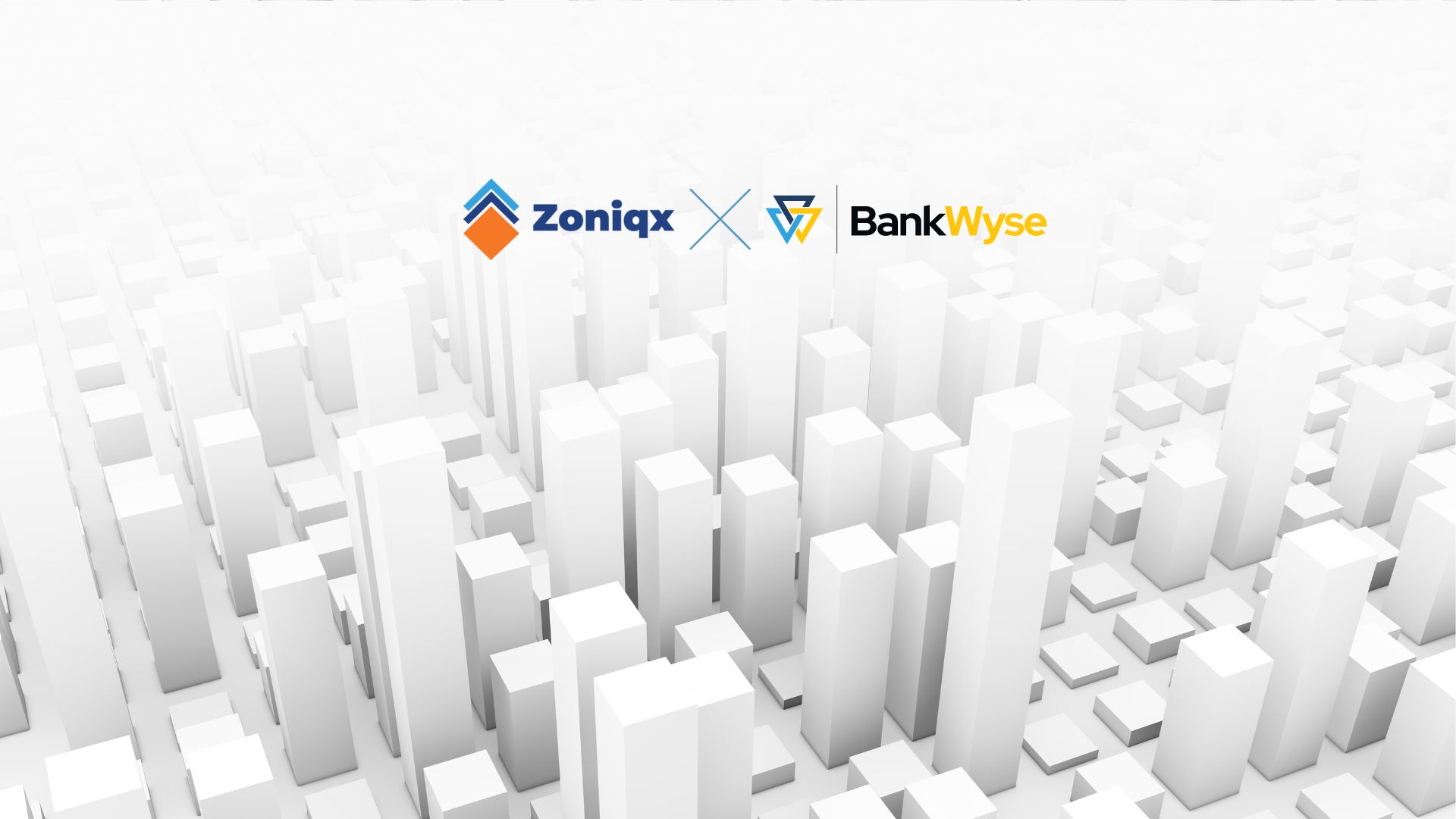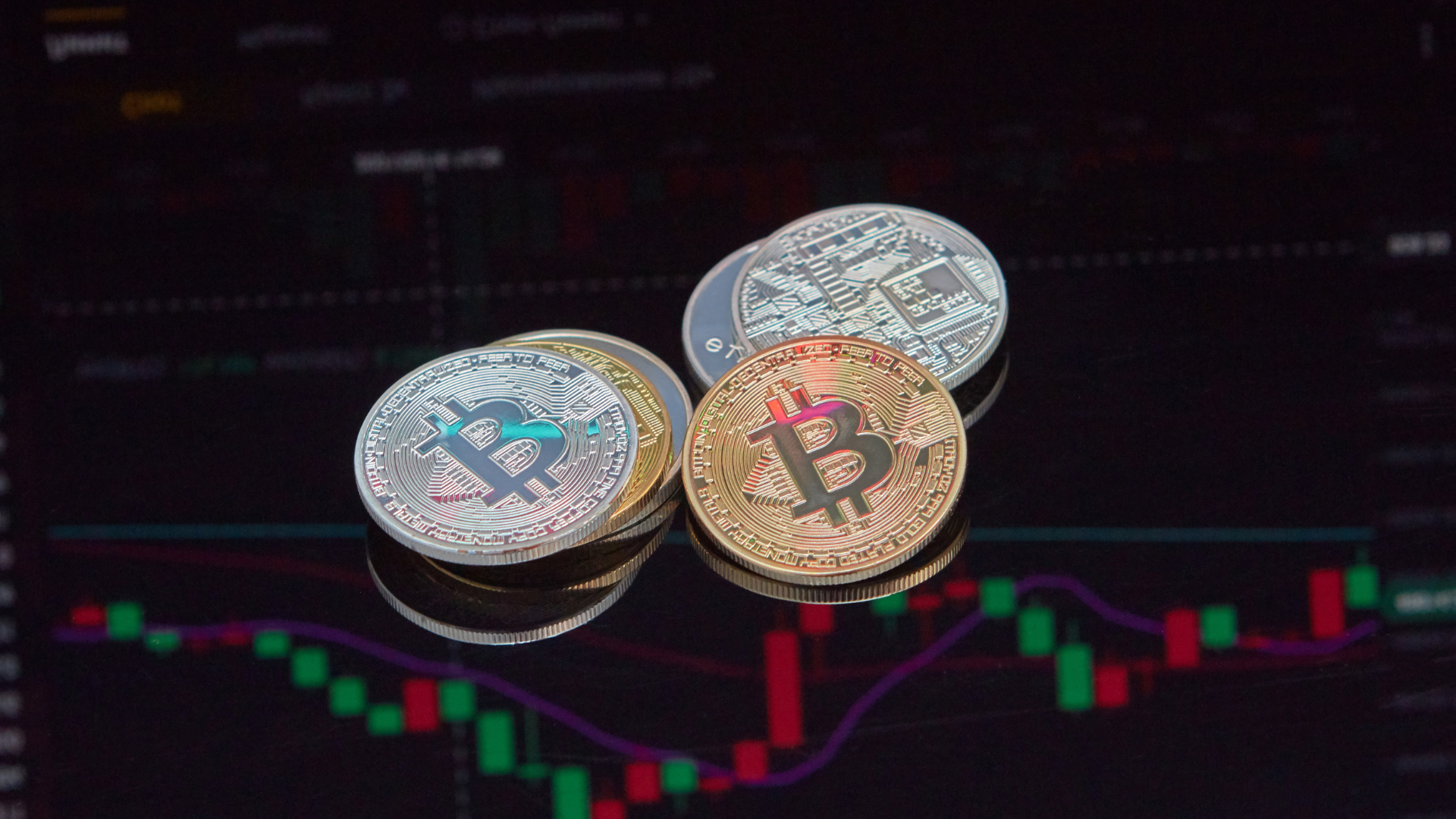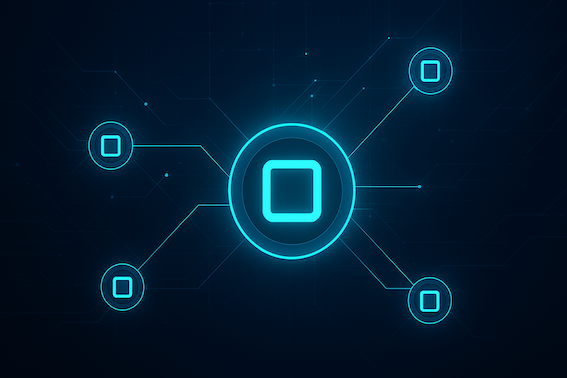2025 Trends in Real-World Asset Tokenization
INDEX
- Introduction
- Definition of Real-World Asset (RWA) Tokenization
- Importance and Growing Popularity of Tokenizing Real-World Assets
- Market Landscape in 2025
- Current Market Size and Growth Projections
- Key Players and Emerging Startups
- Regulatory Developments Shaping the Industry
- Use Cases Driving Adoption
- Real Estate Tokenization
- Fractional Ownership of Luxury Goods (Art, Jewelry, Collectibles)
- Tokenization of Financial Instruments (Bonds, Stocks, Loans)
- Commodities and Natural Resources
- Key Benefits and Challenges of RWA Tokenization
Benefits
- Increased Liquidity and Market Accessibility
- Cost Efficiency and Transparency
- Fractional Ownership and Democratization
Challenges
- Regulatory Uncertainty and Compliance Issues
- Lack of Standardization Across Jurisdictions
- Security Risks and Fraud Prevention
- 2025 Trends Shaping the Industry
- Growth of Institutional Participation
- Rise of Asset-Backed Stablecoins
- Tokenization of Emerging Asset Classes (Carbon Credits, IP Rights)
- Partnerships Between Traditional Financial Institutions and Blockchain Firms
- Future Outlook
- Predictions for Market Evolution Beyond 2025
- Role of Artificial Intelligence in Tokenized Asset Management
- The Path Toward Global Standardization
- Conclusion
- The Transformative Potential of Tokenizing Real-World Assets
- Strategies for Stakeholders to Capitalize on Upcoming Trends
1. Introduction
Definition of Real-World Asset (RWA) Tokenization
Real-world asset (RWA) tokenization is the process of creating digital tokens on blockchain networks for physical or intangible assets such as real estate, commodities, or intellectual property. The signified tokens digitally capture the ownership or rights to the assets, which enhances security and transparency and improves transaction efficiency.
Importance and Growing Popularity of Tokenizing Real-World Assets
Tokenization is making revolutionary changes in markets by solving inefficiencies and adding new dimensions:
- Accessibility: More investors can buy into high-value assets through fractional ownership.
- Liquidity: Digital tokens make it possible to trade traditionally illiquid assets on blockchain networks.
- Cost Efficiency: The use of smart contracts eliminates the need for intermediaries for transactions.
- Global Reach: Cross-border investments can be done easily thanks to blockchain technology.
- Transparency and Security: Immutable ledgers ensure secure and traceable transactions.
In 2025, advancements in technology, regulatory clarity, and institutional participation are driving widespread adoption of RWA tokenization.
2. Market Landscape in 2025
Current Market Size and Growth Projections
The RWA tokenization market is projected to grow rapidly, reaching USD 30.1 trillion by 2034, with high adoption in real estate, commodities, and financial instruments. Such growth can be attributed to institutional investments and the integration of DeFi which continue to take place.
Key Players and Emerging Startups
Major financial institutions like BlackRock and JP Morgan are stepping into the blockchain space, while emerging leaders are focused on asset management, compliance automation, and decentralized finance innovations.
Regulatory Developments Shaping the Industry
Governments across the globe are attempting to strengthen their regulations to provide a balance between innovation and investor protection. Europe and the United States are working towards established frameworks for tokenized securities and Singapore and Switzerland are new destinations for compliant tokenization projects.
3. Use Cases Driving Adoption
Real Estate Tokenization
Real estate has undergone a radical transformation through the introduction of tokenization, which facilitates fractional ownership of properties and consequently increases liquidity in the market. Investors can now purchase and trade digital shares in residential, commercial, and rental real estate, revolutionizing the industry as a whole.
Fractional Ownership of Luxury Goods (Art, Jewelry, Collectibles)
Fine art, rare collectibles and jewelry are all high-value assets that can be tokenized allowing investors to buy a stake in such prestigious assets. This, in turn, democratizes luxury investment opportunities, while simultaneously providing liquidity to institutions as well as collectors.
Tokenization of Financial Instruments (Bonds, Stocks, Loans)
Tokenization enhances the trade of securities like bonds, stocks, and loans on blockchain networks by automating the entire trading process, which increases efficiency, decreases settlement times, and simplifies the market. Smart contracts can also automate dividend distributions and compliance to regulations.
Commodities and Natural Resources
Tokenization increases the transparency and efficiency of global trading of agricultural products, precious metals, and energy resources. For the commodity markets, tokenized blockchain technology guarantees secure ownership records reducing fraud and inefficiencies.
4. Key Benefits and Challenges of RWA Tokenization
Benefits
- Increased Liquidity and Market Accessibility: Tokenization permits the division of assets into smaller units called tokens, which can be traded on various exchanges. This offers both institutional and retail investors the opportunity to invest in assets that were previously deemed too expensive, consequently improving liquidity of previously illiquid assets.
- Cost Efficiency and Transparency: Blockchain eliminates intermediaries, reducing transaction costs, while smart contracts automate processes, ensuring transparency and efficiency.
- Fractional Ownership and Democratization: Investors can purchase smaller shares of high-value assets, making investment opportunities more inclusive and reducing capital barriers.
Challenges
- Regulatory Uncertainty and Compliance Issues: The presence of various laws and rules within different regions makes legal compliance difficult, which in turn, hinders the speed at which blockchain is adopted by businesses.
- Lack of Standardization Across Jurisdictions: The lack of universally accepted tokenization standards is a challenge in integration and overall collaboration between different markets and platforms.
Security Risks and Fraud Prevention: Despite blockchain's security features, threats like hacking, fraud, and smart contract vulnerabilities pose risks, requiring robust security measures and regulatory oversight.
5. 2025 Trends Shaping the Industry
Growth of Institutional Participation
Major financial institutions are expanding their participation in tokenization by utilizing blockchain technology to improve asset management, shorten settlement periods, and increase overall market productivity.
Rise of Asset-Backed Stablecoins
Stablecoins associated with specifically tokenized assets like real estate or commodities are becoming more popular because they act as a bridge connecting traditional finance and digital assets while mitigating risks of volatility.
Tokenization of Emerging Asset Classes (Carbon Credits, IP Rights)
Other emerging asset classes such as carbon credits and intellectual property are also being traded now, making ownership, trading, and market participation easier and clearer through tokens.
Partnerships Between Traditional Financial Institutions and Blockchain Firms
There is an increase in partnerships combining traditional established financial institutions along with blockchain-based firms, which creates an environment of regulatory compliance, better tokenized asset infrastructure, and wider adoption.
Use of AI Agents in Tokenization
AI-powered multi-chain technology is transforming real-world asset tokenization by enhancing security, compliance, and efficiency. AI agents automate complex regulatory requirements across multiple jurisdictions and asset classes, ensuring institutional-grade compliance. These AI-driven systems also facilitate global liquidity and seamless DeFi integration. With advanced tools such as SDKs and APIs, AI-powered automation is making tokenization more scalable, interoperable, and future-ready for financial markets.
6. Future Outlook
Predictions for Market Evolution Beyond 2025
The tokenization of real-world assets is expected to continue expanding, integrating with decentralized finance (DeFi) ecosystems and traditional markets. Advancements in blockchain technology, increased regulatory clarity, and institutional adoption will drive further growth.
Role of Artificial Intelligence in Tokenized Asset Management
Artificial intelligence (AI) is expected to facilitate the management of tokenized assets by performing risk calculations, trading strategy optimizations, and monitoring compliance requirements. AI-based analytics will provide better decision-making capabilities and predictive analytics for investors.
The Path Toward Global Standardization
Global standards for tokenization are still being developed and efforts from the industry and regulatory bodies to achieve interoperability and compliance and create uniform protocols are imminent. Global uniformity will be important for widespread acceptance and international trade.
7. Conclusion
The Transformative Potential of Tokenizing Real-World Assets
The emerging focus on tokenization is redefining the concepts of ownership, investment, and asset management. This has resulted in increased liquidity, improved transparency, and greater access to markets that were previously monopolized. Once adoption accelerates further, its effects will be observed in the realms of finance, real estate, commodities, and other industries.
Strategies for Stakeholders to Capitalize on Upcoming Trends
- Investors should consider tokenized assets to successfully diversify portfolios and enter previously inaccessible markets.
- Enterprises must embrace blockchain technology in their asset management processes to improve efficiency of trading.
- Regulators should develop clear frameworks to support innovation while ensuring compliance and security.
- Technology Providers should enhance security, scalability, and interoperability of tokenization platforms.
By staying informed and adaptable, stakeholders can harness the full potential of RWA tokenization, shaping the future of global finance.
About Zoniqx
Institutional-Grade, Secure, and Future-Ready AI-Powered Multi-Chain Technology for Real-World Asset Tokenization
Zoniqx ("Zoh-nicks") is a global fintech leader headquartered in Silicon Valley, specializing in converting real-world assets into Security Tokens. Zoniqx leverages cutting-edge AI-driven multi-chain technology to enable seamless, secure, and regulatory-compliant RWA tokenization. Their platform integrates advanced compliance frameworks, supporting multiple regulatory structures and diverse asset classes.
With AI-powered automation, Zoniqx facilitates global liquidity and seamless DeFi² integration, enhancing accessibility and efficiency. Their interoperable architecture ensures smooth integration across multiple blockchains, while their robust suite of SDKs and APIs empowers developers with powerful tools for innovation. Zoniqx pioneers on-chain, fully automated RWA deployment on public, private, and hybrid chains.
To explore how Zoniqx can assist your organization in unlocking the potential of tokenized assets or to discuss potential partnerships and collaborations, please visit our contact page.

.jpg)

